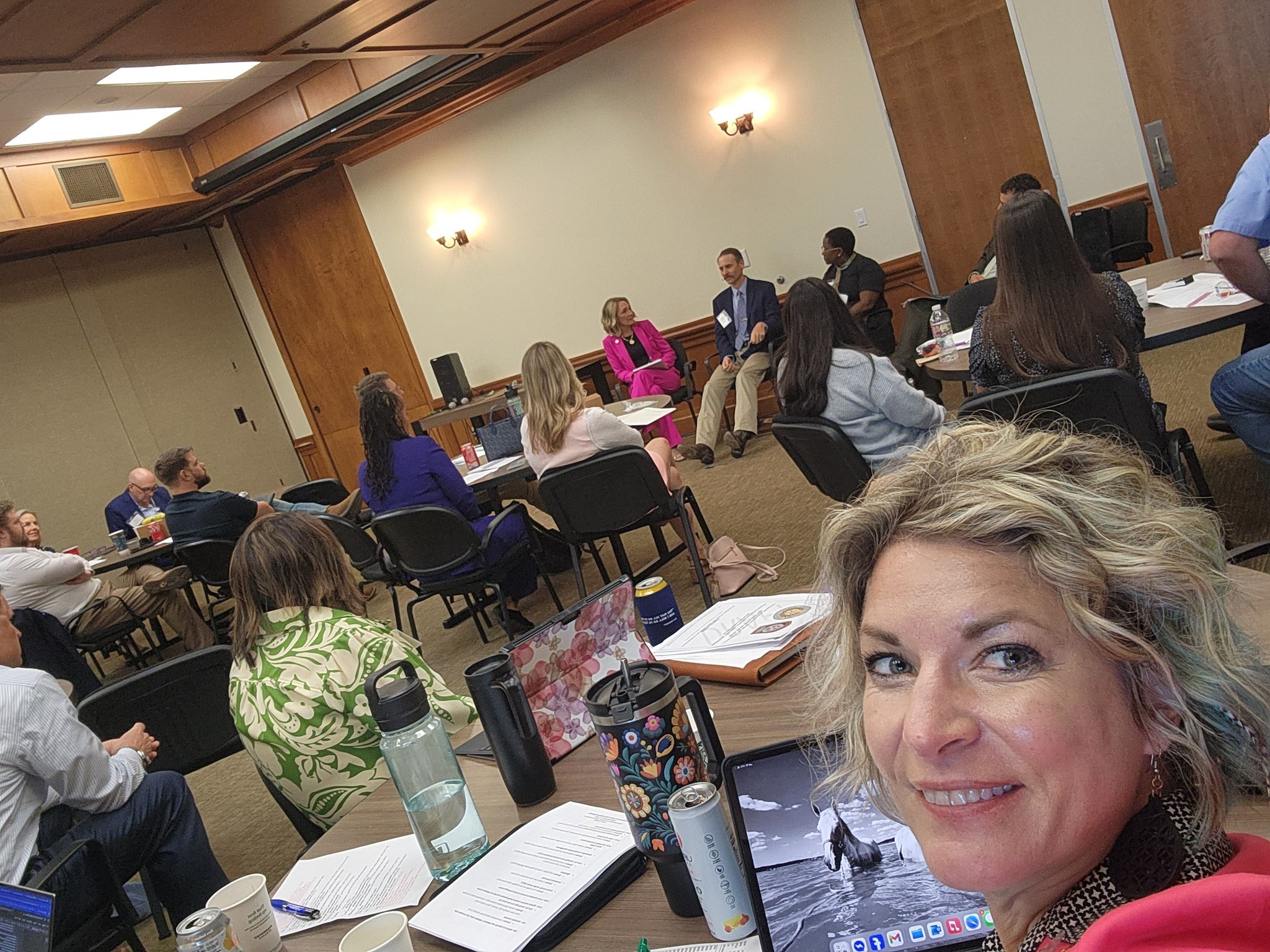Comal County commissioners will approve the final plat for Canyon Ranch, Unit 3 at their weekly meeting Thursday, clearing the way for Lennar homes to develop 204 lots on 43.672-acres in the Spring Branch area to the west of the north side of Canyon Lake.
A total of approximately 1,500 homes will be built on 400 acres in the Canyon 400 subdivision on FM 306.
The development is extremely unpopular with area residents concerned about its impact on Canyon Lake’s rapidly dwindling water supplies.
Commissioner Jen Crownover, who’s taking a lot of heat because the development is located in Pct. 4, her jurisdiction, told an angry constituent on the popular Everything Canyon Lake Facebook page the commissioners’ expected unanimous vote is “ministerial.”
Under state law, commissioners must approve developments that fulfill all regulations and statutes.
“If we voted no, the developer would laugh his way to district court, sue the county, and have the vote overturned…at YOUR expense,” she said. “If we took no action, it would be approved by default within 30 days, per statute. So as you can see, we do not have an option at this point.”
Plans for Canyon 400 have been in the works for years, Crownover said.
The developer obtained water contracts and commitments for service well over two years ago and long before Texas Water Company made headlines March 19 by temporarily pausing new service commitments for nine other proposed developments in Comal County.
Crownover said commissioners “certainly share” constituents’ grievances about new developments.
“But at this point, our vote is not one of emotion, wants or even a test of our Christian values, as was mentioned above. It’s the law and it’s just a formality at this point. As commissioners we took an oath to follow all federal and state laws. We were not elected to make them. We don’t always like it but we’re doing our job.”
Also at Thursday’s meeting commissioners will consider reinstating the burn ban for unincorporated Comal County.





if you all would , just look up who all the share holders are in Lennar homes, there is your answer, goverment owned and backed
This right here is plain and simple corruption by the developer. I mean, how on earth are they allowed to build like that—just tearing up the land—in a place that’s been beautiful and protected for so many years? It just ain’t right. The commissioners ought to be ashamed of themselves for not standing up and doing something to stop this from hurting our county.
This right here is plain and simple corruption by the developer. I mean, how on earth are they allowed to build like that—just tearing up the land—in a place that’s been beautiful and protected for so many years? It just ain’t right. The commissioners ought to be ashamed of themselves for not standing up and doing something to stop this from hurting our county.
I wish we had Commissioners who had some guts. Vote no. I mean, if you have to vote yes, we don’t need you. It’s not really a vote, if there is no choice. Local officials seem to have other motives than just doing the right thing. Vote these people out and get some one that’s isn’t afraid to be a voice….
I have witnessed firsthand the County Commissioners in Bandera County deny a subdivision that met all State “regulations and statutes”. The Counties and Groundwater Districts were granted authority over subdivisions and land development within their County: In Texas, Chapter 232 of the Local Government Code grants counties the authority to regulate subdivisions and land development outside of municipal limits, primarily through platting, but not zoning, and specific topics.
The only sticky point could be the breech of contract regarding the water contracts. But, with the incoming revenue Texas Water Company has, might be best to lawyer up and terminate the contract. These large developments are not sustainable with a limited recharge surface water reservoir. In the past a development this size would utilize water wells, but that would require a hydrogeologic study be performed, most likely resulting in the subdivision having substantially larger lot sizes due to lack of groundwater availability. Now the lake water is being sold off to Cities and developers with no study needed. The future does not look bright for the “Water Sports Capital of Texas”.
If the laws are hurting the residents, shouldn’t the laws be changed? Shouldn’t the commissioners be advocating for law changes to protect the citizens, instead of wringing their hands and saying, “There is nothing “we can do.”? I realize that the laws that are in place currently will prevent them from stopping the Canyon 400 project, but my goodness – why are you not screaming at that top of your lungs that unchecked development has to stop. Development of this area isn’t going to stop completely, but there should be a thoughtful, measured way to approach it. Minimum of 1 acre required per house, required % of xeriscape and native plants for landscaping to reduce water waste for green grass, vigorous enforcement of current water restriction, etc. These things do not seem unreasonable, considering the current drought.
Got to call B.S. on Ms. Crownover’s assertion that nothing can be done. I have witnessed firsthand the County Commissioners in Bandera County deny a subdivision that met all State “regulations and statutes”. The Counties and Groundwater Districts were granted authority over subdivisions and land development within their County: In Texas, Chapter 232 of the Local Government Code grants counties the authority to regulate subdivisions and land development outside of municipal limits, primarily through platting, but not zoning, and specific topics.
The only sticky point could be the breech of contract regarding the water contracts. But, with the incoming revenue Texas Water Company has, might be best to lawyer up and terminate the contract. These large developments are not sustainable with a limited recharge surface water reservoir. In the past a development this size would utilize water wells, but that would require a hydrogeologic study be performed, most likely resulting in the subdivision having substantially larger lot sizes due to lack of groundwater availability. Now the lake water is being sold off to Cities and developers with no study needed. The future does not look bright for the “Water Sports Capital of Texas”.
Very sad of what the land looks like now! The developers and the HOA need to make sure the home/land is natural landscape and NO GREEN manicured lawns to save on water….Rather have a glass of water than a green lawn!!! STOP ALL future developers from building in Comal county, our hill country unless the homes will be on at least 1acre or more!!!
They haven’t Constructed one Home yet..Their first Priority should have been to build their infrastructure Roads,Water, Sewer etc…Instead they literally Butchered the Trees Stripping the Land in a hurry up process,stopping any opposition. They knew what knew what they were doing. Your not obligated to affirm this decision ? Let them build first phase stop the rest?